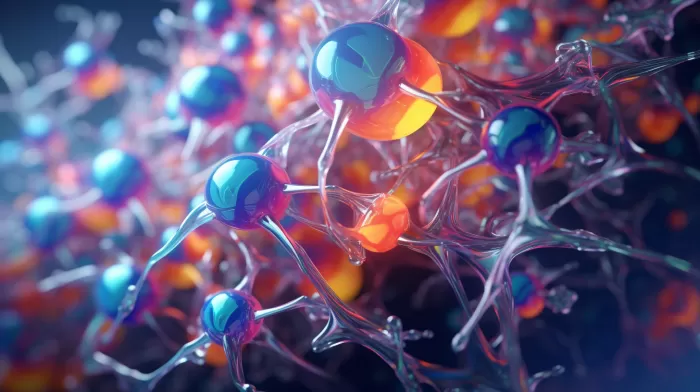In the United States, someone suffers a stroke every 40 seconds. Strokes are the fifth most common cause of death in the country, and they also rank as a leading cause of disability due to the damage they cause to the brain. As the cells and wiring in the brain become disrupted, stroke survivors can suffer lifelong consequences. However, researchers are conducting drug tests on a compound that could eventually minimize the damage to the brain that occurs during a stroke.
The role of DMT in stroke treatment
The drug researchers are testing is dimethyltryptamine (DMT), a hallucinogenic compound found in ayahuasca, a drink used in traditional shaman rituals in South America. DMT has the same type of psychedelic effects as illegal options, such as LSD or even psilocybin, known as “magic” mushrooms. It is important to note that the micro-dose planned for Phase 1 of the trials, which is sufficient to confer potential brain rewiring benefits, should be too small to trigger hallucinations in patients.
In the clinical study, the goal is to administer DMT to stroke victims almost immediately after the onset of a stroke. EMTs will be working closely with researchers to provide the drug to patients as they are transported to the nearest hospital. It is crucial that the drug be administered as quickly as possible in order to maximize the potential benefits and reduce lasting brain damage.
The potential benefits of DMT for stroke patients
DMT has shown promising results in rat studies, where it has demonstrated the ability to not only improve motor function but even stimulate the formation of brand new brain cells. Scientists at Canadian company Algernon Pharmaceuticals believe that DMT could be the answer to less brain damage and better cognitive function following strokes.
Research has shown that after a stroke, the brain will attempt to rewire itself in order to preserve function—a process that happens within just a few hours of the initial injury. The Algernon researchers say that, given the promising results of DMT in rats, it could provide the answer to supporting this process, possibly speeding it up and delivering a faster and more complete recovery for stroke victims.
Ultimately, they hope that DMT can be used to improve neuroplasticity (the ability of the brain to adapt and change) and boost nerve cell growth -and with it, healing.
The timeline for DMT trials
In Phase 1 of the DMT stroke trials, researchers plan to start giving DMT to stroke patients while they are still en route to the hospital. Algernon hopes that if the first phase of trials proves successful, regulators will approve the more widespread usage of the treatment. In the second and third phases of the trial, Algernon hopes to continue DMT treatments over the short and long term to prove the efficacy of the treatment.
Final thoughts
Although DMT has a history of recreational and illegal use, there is potential that this compound could change the landscape of stroke treatment and improve the lives of stroke survivors. With Phase 1 DMT trials underway, the future of stroke recovery could be brighter than ever.
As with any drug or medical treatment, consult with a healthcare professional before considering the use of DMT or any form of alternative medicine for stroke recovery.



